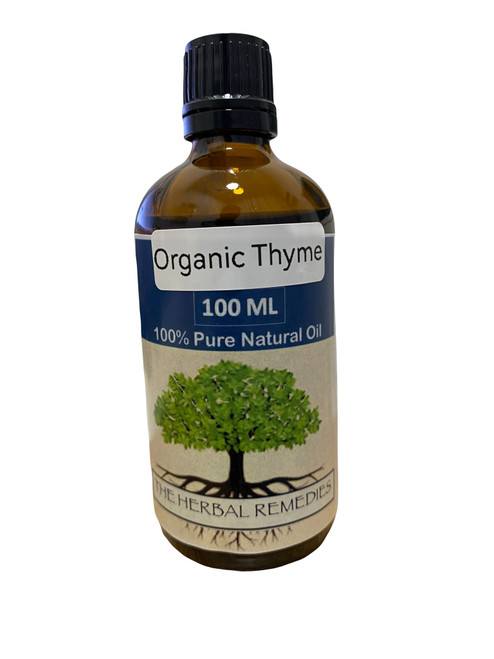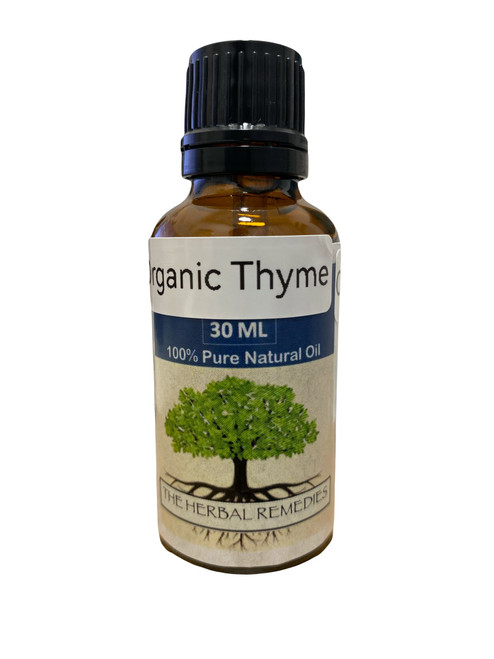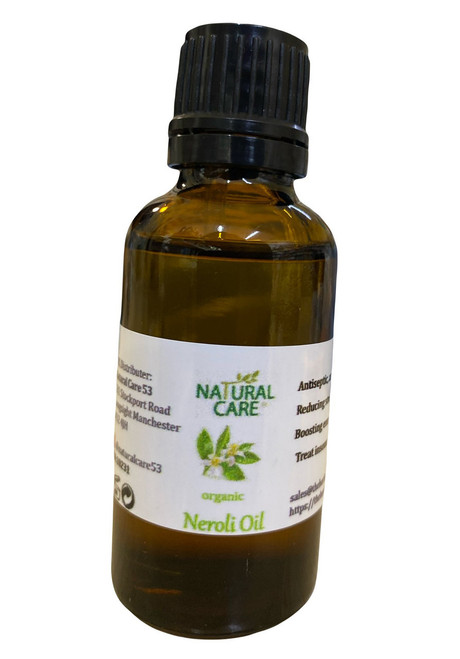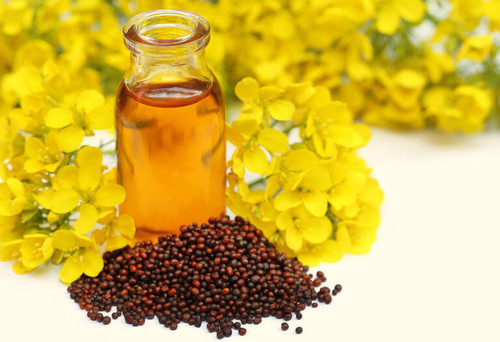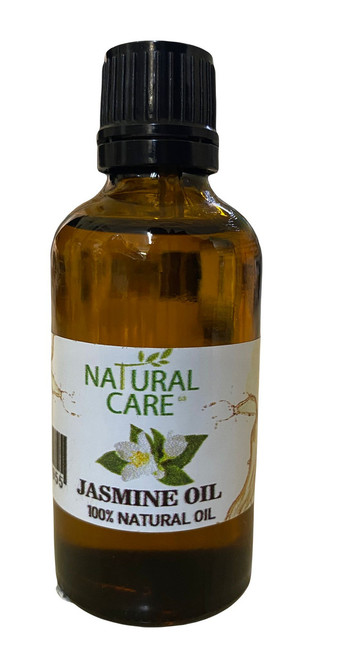There are several studies that support thyme essential oil’s ability to reduce or eliminate foodborne bacteria, support heart health, and alleviate inflammation in the body, among other benefits.
Thyme oil contains several compounds that have health benefits. These compounds include:
- carvacrol
- thymol
- linalool
- cineol
- camphor
- borneol
Next, let’s look at how these compounds are beneficial for different uses of thyme oil.
1. Acne
There’s some evidenceTrusted Source that thyme oil is effective at reducing acne-causing bacteria on the skin. An animal study that compared thyme oil to oregano oil found that both were able to eliminate bacteria, but that oregano oil was more effective.
2. Alopecia areata
Thyme oil mixed with other essential oils and a carrier oil, coupled with massage, may be used as a treatment to prevent hair lossTrusted Source.
Currently, there’s little data indicating whether or not thyme oil is effective for this condition, although anecdotal evidence indicates that a combination of essential oils that includes thyme oil may be an effective treatment.
3. Breast cancer
One very preliminary study found that wild thyme extract may eventually show promise at fighting breast cancer.
4. Coughs and respiratory tract infections
The thymol content in thyme oil is thought to have antispasmodic properties. When mixed with primrose, thyme essential oil has been shown to be effectiveTrusted Source at reducing coughs and reducing the duration of respiratory tract infections, such as the common cold.
5. Food preservative
In a study reported in the Journal of Medicine and LifeTrusted Source, thyme oil was found to be effective at eliminating food-related bacteria and fungi.
Thyme and thymol have been found to have antibacterial effects against bacterium, including salmonella, Staphylococcus aureus, and Helicobacter pylori.
6. Heart disease
A 2010 laboratory study published in the Journal of Lipid ResearchTrusted Source found that the carvacrol in thyme oil was an effective anti-inflammatory agent with cardioprotective capabilities, making it potentially beneficial for people with heart disease.
7. Oral health
Thymol’s anti-inflammatory effects have been documented in several studies. The thymol in thyme oil is effective at reducing inflammation and infection.
According to recent research, thymol’s anti-inflammatory and antibacterial properties make it beneficial for oral health. The compound is an ingredient in several dental products, including Listerine Cool Mint mouthwash.
If you have an allergy to mint, you may also be allergic to thyme and thyme oil.
Adverse reactions to thyme oil have included:
- allergic reactions, ranging from contact dermatitis to hay fever symptoms
- dizziness
- conjunctivitis
- headache
- asthma
- muscle weakness
- gastrointestinal irritation and distress
Thyme oil shouldn’t be swallowed or used undiluted on your skin. Talk to your doctor before using thyme oil, especially if you’re pregnant or breastfeeding.
Children shouldn’t be given thyme oil. When diffusing essential oils, consider children and pets who may react to the oil.
A small 1998 aromatherapy experimentTrusted Source showed good results for some people with alopecia areata, but there hasn’t been any solid research since.
Since thyme oil is unlikely to cause harm, you might want to try it and see how it works. If you’d like to try an aromatherapy scalp treatment at home, here’s what to do:
- Choose a vegetable oil, such as jojoba oil or grapeseed oil, to act as the carrier oil.
- Mix 2 to 3 cups of the carrier oil with 3 to 5 drops each of thyme, lavender, rosemary, and cedarwood essential oils. Each of these oils have properties that may make them beneficial for hair growth or scalp health.
- Massage a small amount into the scalp daily for about 10 minutes.
- Leave on for an hour or overnight.
- Rinse with a mild shampoo and conditioner.
- This treatment may take several months to work. Discontinue if you experience any scalp irritation.
Before trying this treatment, do a patch test with each oil to ensure that it doesn’t irritate your skin, eyes, or nasal passages.
Essential oils should always be mixed with a carrier oil prior to testing. Don’t use an undiluted essential oil on your scalp or on any area of skin.
Thyme oil is typically acquired from the leaves and flowers of Thymus vulgaris via a steam distillation process. The first distillation produces red thyme essential oil, which is a heady, dark oil with a spicy scent. Red thyme oil is often used as a middle note in perfumery.
If red thyme oil goes through a second distillation process, a gold to pale yellow oil results. This is the most commonly used form of thyme oil. It’s simply referred to as thyme oil or white thyme oil.
Other than essential oil, thyme oil can also be found in commercially made products, including cosmetics, toiletries, and foods. It’s often used for its preservative and antimicrobial qualities.

